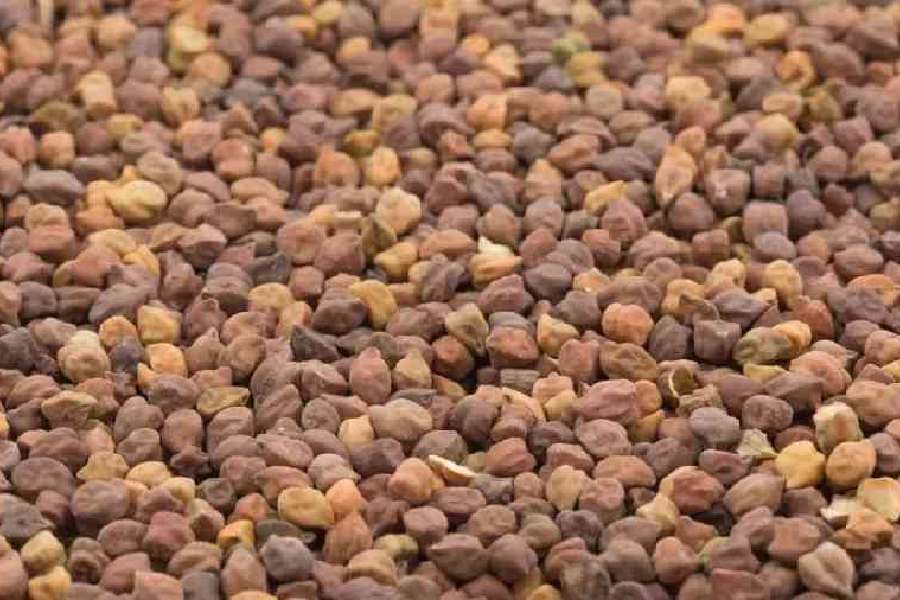India has scrapped import duties on Bengal gram (desi chana) till March 2025 and has extended the zero duty import window for yellow peas until October 31 to control soaring pulse prices.
The decision has met with mixed reactions, with Australian chickpea producers cheering the new market access, while domestic farmers and traders associations have expressed apprehension.
The removal of the import duty on chana, a staple protein source in India, is a boon for Australian farmers.
“The suspension of tariffs will provide more reliable pricing for Australian chickpeas and add depth to already solid markets,” said Peter Wilson, chairman of the Grains Australia Pulse Council. This move opens the door for Australian growers to potentially capture a significant share of the Indian chickpea market.
However, the India Pulses and Grains Association (IPGA) is concerned about the potential impact on domestic production.
“The cheaper imports will hurt the interest of Indian farmers and future crop prospects,” Bimal Kothari, the association’s chairman, told The Telegraph.
He argued that cheaper imports could suppress domestic prices and discourage farmers from planting chickpeas in the future. Kothari proposed a duty on yellow peas to ensure their landed cost remains close to the minimum support price (MSP) for chana, protecting domestic farmers’ income. He also highlighted the potential disruption to domestic production cycles.
A large influx of yellow peas is expected in July, with estimates suggesting a global availability of around 9-10 million tonnes.
The duty-free status could bring the landed cost below the MSP, potentially discouraging Indian farmers from sowing peas next year and impacting future harvests.
Additionally, it could benefit foreign farmers at the expense of Indian ones, as pea prices might rise globally due to increased demand from India.
“We have asked the government to reconsider the move so that the landed cost of these pulses is not lower than the MSP,” Kothari said, emphasising the need for a balanced approach that considers both consumer affordability and farmer well-being.
The Indian government’s move to boost pulse supplies stems from their struggle with rising pulse prices, primarily due to a production shortfall caused by reduced acreage sown for chana.

